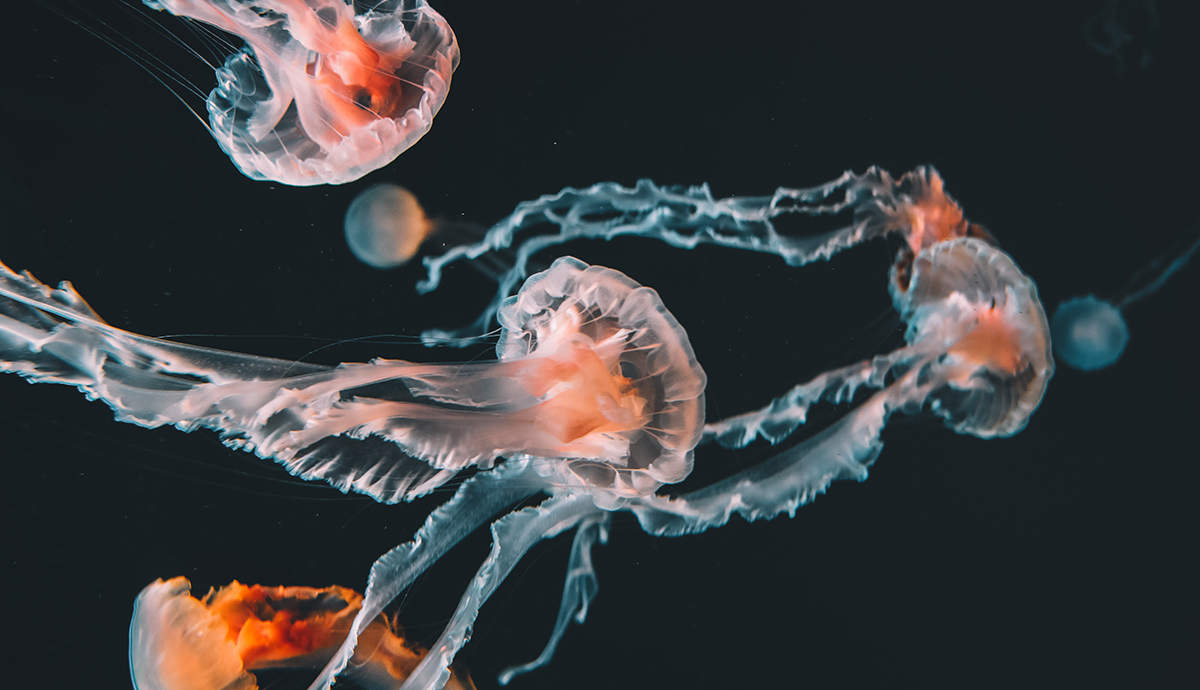In celebration of National Poetry Month, the North American Review Blog will be hosting several installments of The Next Big Thing Self-Interview Series, in which writers answer the same nine questions about their forthcoming books or works-in-progress!
J.D. Schraffenberger is the associate editor of the North American Review and an associate professor of English at the University of Northern Iowa. He is the author of the book of poems Saint Joe's Passion, and his other work has appeared in Best Creative Nonfiction, Brevity, Mid-American Review, Natural Bridge, Poetry East, Prairie Schooner, and elsewhere.
*
What is the working title of the book?
The First Person
Where did the idea come from for the book?
I’m interested in ecological poetry or what you might call environmental poetry, and in this respect I’ve found myself reaching back to the ancient past, back and back and back until we can imagine the time just before—or just as—we became human. What might those first people teach us? Maybe nothing terribly interesting, but maybe everything we’ve ever wondered and needed to know. The title poem, “The First Person,” which was published in the Birmingham Poetry Review last year—great magazine, by the way: check it out, Adam Vines does good work—is dedicated to Mitochondrial Eve, the woman who lived a couple hundred thousand years ago, give or take a few millennia, and is our most recent common ancestor. Our relationship to the environment, specifically the non-human, so-called “natural” world that surrounds us all, is in us all—and is us all, really—is derived, of course, not just from our cultural experiences (Celebrate Earth Day! Recycle! Only You Can Prevent Forest Fires!) but also—and maybe primarily—from what is embedded, coded deep inside us as imagining beings. This collection is preoccupied with these ideas.
Also, I like playing with the phrase “the first person,” as in “I” and “we.”
What genre does your book fall under?
I like this phrase “fall under” here because what better way, for instance, to die than to fall under something like a genre? Yeah, it’s poetry. That’s how I’m going out. I’m going to fall under poetry. That’s where you can bury me. (I want to say something here, though, about the genre of ecopoetry, which isn’t really a genre at all, I suppose, but is rather an attitude toward the world and toward language that allows us to describe—or render—some of the experiences we have in the world or in language. In an important sense, every poem is environmental—and could be affixed with a nice little “eco-“ of its own—but I suppose we might still talk profitably about ecopoetics as something different from other kinds of poetics without worrying overmuch about pigeonholing specific poets or specific poems.)
What actors would you choose to play the part of your characters in a movie rendition?
Liam Neeson and Rutger Hauer. Also Bear Grylls and Les Stroud. Jennifer Lawrence and maybe Ricky Gervais. Also Judi Dench and Noomi Rapace. And Idris Elba. In fact, forget all the others and just give me Idris Elba. Just me and Idris would be cool.
What is the one sentence synopsis of your book?
When words wink, we want what weaves weird wilderness within wishes.
How long did it take you to write the first draft of the manuscript?
The short answer is that some of the poems included in the manuscript are nearly five years old while others are only a few months old. You can do whatever math makes you happy. The long answer is something like my linguistic autobiography, the story of my mother tongue.
Who or what inspired you to write this book?
I would argue that every poet must always be inspired—I’m not even sure that’s the right word—by language itself. That is, my poems (and I would say all poems) are as much about a relationship to language as they are “about” any particular thing or theme or idea or issue or whatever.
Also, nothing.
What else about your book might pique the reader’s interest?
There is a poem in the book written in the voice of Miss Teen South Carolina.
Will your book be self-published or represented by an agency?
Neither—though you know, two of the most important books of poetry were self-published: Whitman’s Leaves of Grass in 1855 (because Whitman is American poetry’s North Star, right? Maybe Dickinson would be our Sirius, then, brighter, nearer, glowing, scorching…) and Ammons’ Ommateum, with Doxology in 1955 (not because this is Ammons’ best book but because it announces him as a poet to the world). I wonder, then, what poetic genius will be published in 2055. Is she born yet even?


